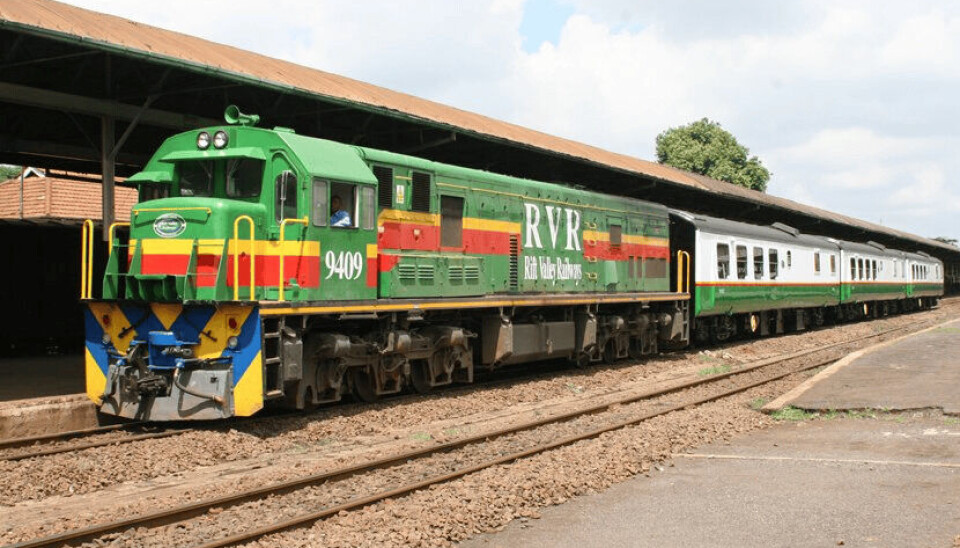Copyright : Re-publication of this article is authorised only in the following circumstances; the writer and Africa Legal are both recognised as the author and the website address www.africa-legal.com and original article link are back linked. Re-publication without both must be preauthorised by contacting editor@africa-legal.com
LCIA dismissal of $2 billion investor claim a ‘defining moment’ for Africa’s infrastructure sovereignty

Last week, the London Court of International Arbitration dismissed a $2 billion USD claim against Kenya and Uganda arising from a failed Rift Valley Railways project. This ‘major victory’ may have lasting impacts beyond legal technicalities
The London Court of International Arbitration (LCIA)’s dismissal of KU Railways and Rift Valley Railway Investments' $2 billion claim, and multi-million dollar cost awards made to Kenya and Uganda, is a landmark decision that observers say could have lasting impacts for African infrastructure investment and foreign investor impunity.
“This award is not only a legal victory,” says law firm Mohammed Muigai LLP, which was part of the team representing Kenya for the arbitration. “It reaffirms Kenya’s commitment to good governance in public-private partnerships, respect for contractual integrity, and a firm stance against frivolous investor claims.
Along with dismissing the railway companies’ claim in its entirety, the LCIA awarded more than $8 million USD in costs to Kenya, and nearly $4 million USD to Uganda.
The case arose from the collapse of a 25-year concession granted to the railway companies in 2006, in a deal brokered under the guidance of the World Bank, to manage a 2,350 kilometre railway line connecting Uganda to the Kenyan coastline.
In 2017, both nations terminated the deal due to persistent breaches by the railway companies, including failure to invest, maintain infrastructure, or meet obligations. The companies launched arbitration proceedings in 2020, seeking $2 billion.
“To the great disappointment of the Republic of Kenya, the Claimants elected to make the Republic of Kenya a growing statistic in the abuse of international arbitration fora—suing an African nation for billions of dollars for contractual obligations that were never performed by the foreign investor,” submitted former Kenyan Attorney General Prof Githu Muigai, Senior Partner at Mohammed Muigai.
Ahead of the LCIA decision, there were concerns an award in favour of the railway companies could exacerbate longstanding perceptions of Africa being treated unfairly in international arbitration and investor-state disputes, and negatively reshape how African governments negotiated future infrastructure projects.
Such a decision, in the face of the railway companies performance failures, could push African governments to negotiate private-public partnerships far more cautiously, or avoid them altogether, said Nathan Davids, a business operations and governance consultant. “A ruling against RVR would send a strong message that private partners must meet performance benchmarks, not merely hold paper rights.”
Uganda’s Ministry of Justice also welcomed the LCIA decision dismissing the railway companies $2 billion claim, and awarding costs to Kenya and Uganda.
“This award underscores Uganda’s firm position that the termination of the concession was lawful, justified, and necessary to protect a critical national infrastructure asset. Uganda reaffirms its commitment to fair and transparent investment partnerships and the responsible stewardship of public assets.”
The LCIA decision was a defining moment for infrastructure sovereignty and PPP accountability by investors, at a time when Africa is looking to improve regional and continental connectivity, such as the transformative LAPSSET Corridor Development projects linking sea ports, road, rail, and oil pipelines across East Africa.
“The outcome of this arbitration will not only define the legacy of the RVR saga,” notes Davids, “it will influence how the next generation of African mega-projects are structured, funded, and protected.”
